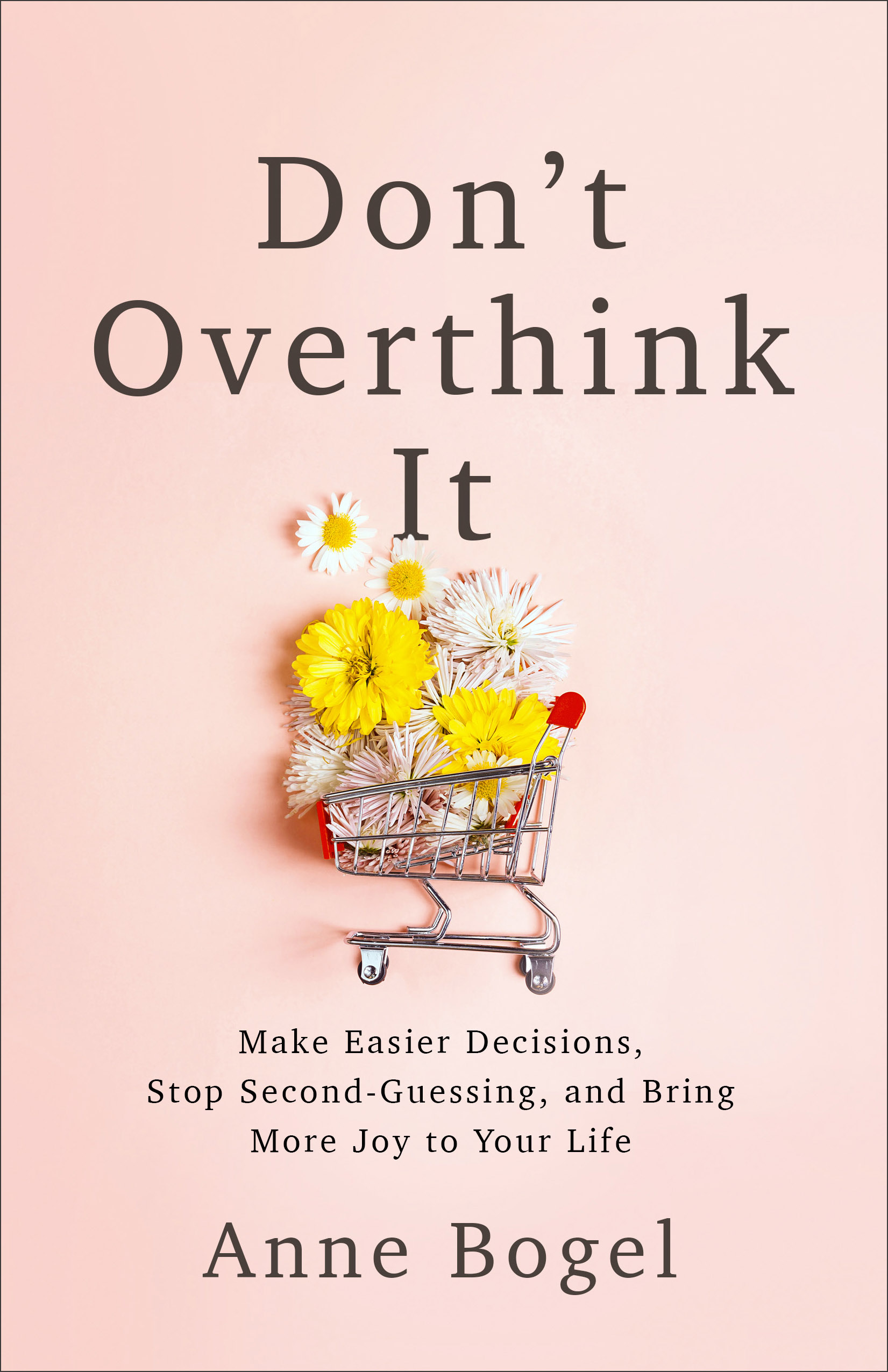3 Questions to Ask Yourself Before You Delegate Tasks
“It can be liberating to realize you don’t have to manage everything yourself, nor do you have to make all those decisions.”
By Anne Bogel

Strategic outsourcing helps us deal with the onslaught of decisions that come at us every day. There’s always so much to decide, and it’s easy for the cumulative effect to become overwhelming. (And we know from chapter 3 that feeling overwhelmed is a sure sign of decision fatigue.) It can be liberating to realize you don’t have to manage everything yourself, nor do you have to make all those decisions. Looking to other sources lightens the mental load.
Different people will outsource different things, for different reasons. You won’t find hard-and-fast rules here for what to consider taking off your plate. There’s no one-size-fits-all checklist, because we all have different talents, interests, skill sets, and resources. But you can ask yourself the following questions when considering what to take off your plate.
Am I Able to Do It?
The simplest question to answer is this: Are you able to do it? If you can’t do it yourself, of course it makes sense to get help— whether that’s from a friend or a professional. Depending on your situation and your skill set, this might mean getting help with tutoring in math, painting a high ceiling, or putting on makeup for a media appearance.
(Sometimes we might suspect we could take on the project but find the idea so daunting that we feel like we can’t. More on that in a minute.)
What if you’re not able to do it right now but like the idea of learning how? Read on.
Do I Want to Do It?
When my friend Meg started her podcast, she didn’t know anything about audio production—but she was highly motivated to learn. She wanted to retain total control over the listening experience she was creating for her audience, which meant being hands-on with each episode, from start to finish. But her decision to do it herself was also driven by a deeper purpose. She told me that when she first began the show, “I was coming out of a dark season of postpartum depression, and the choice to allow myself to be a beginner, to learn some new skills, and to see a thing through from idea to end product brought some major healing and joy to my life on a personal level.” She didn’t know how to edit her own audio, but it was important to her that she learn.
Starting a podcast is a big project, but the same principles apply to everyday decisions. The bakery makes perfectly good muffins, but is baking your favorite form of stress relief ? The neighbor’s kid could cut the grass, but do you find the experience pleasantly meditative and the results pleasingly tangible? Your neighbor offers to return your library books, but do you enjoy stopping in to check the new-release shelf and greet your favorite librarians? Your friend adores her meal-planning service, but you enjoy getting out your cookbooks and planning a week’s worth of better-than-basic menus and a shopping list to match. You could call the plumber, but would you rather watch a few YouTube videos and fix the leak yourself ? (Whether you do the work yourself to save sixty dollars or for the satisfaction of a job well done, the results could be worth it.)
What do you want to do yourself ? The answers to this question are variable and individual, and the reasons you do or don’t outsource may not be readily apparent to others. That’s all okay.
Would It Be Meaningful to Do It Myself?
When deciding what to have someone else do, the question is, What is important to you? A task that needs doing is not the same thing as a task that needs to be done by you.
A travel pro once told me that when you’re traveling for work, you shouldn’t waste your mental energy figuring out transportation logistics, like negotiating public transit in an unfamiliar city. Just get a taxi and be done with it—because now it’s the driver’s job to figure out where you’re going, and you can save your mental energy for your important meetings and presentations. That makes sense if you’re in town for a high-stakes meeting (a rare occasion for me). However, we’ve taken our kids to New York City a few times, and with them, public transit is part of the adventure. It takes loads of mental energy to figure it out, but that’s okay, because the process is part of the experience.
My friend Ashley is currently spending hours and hours planning a literary road trip for the coming autumn. Is she spending way more mental energy on this than necessary? Absolutely. If she wanted to save time, she could download somebody else’s sample itinerary from the internet. But for Ashley, planning is a delightful, not-to-be-missed part of the process. It’s part of the travel experience, and she loves every part of the experience.
Don’t outsource something that feels important for you to do yourself. If you draw meaning from researching every aspect of your travel experience, ordering lunch for a friend, or choosing a card for a loved one, go right ahead. It’s not overthinking if you’re giving it the amount of thought you want to.
